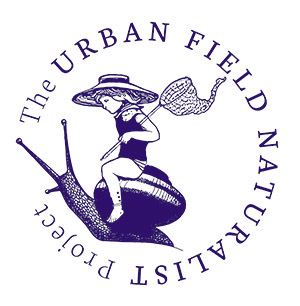
Making a splash: The arrival of ocean giants to our doorstep
Vanessa Pirotta

Autumn and winter are one of my favourite times of the year. The weather is getting cooler and the change of season marks the annual arrival of one of the world’s biggest animals, humpback whales. Each year, these ocean giants the size of a school bus appear in our Sydney marine backyard. They travel northward along the humpback whale highway, which hugs the east coast on course to their warmer water breeding/calving grounds of the Great Barrier Reef. They have spent the summer in Antarctica where they annually feed on Antarctica Krill, tiny crustaceans around 1-2cm long.
I have been whale watching off Sydney for nearly 10 years and feel privileged to have these animals in our backyard. This means a lot to me as a former Canberran, having grown up on a farm three hours away from the closest beach. I’ve also worked around humpback whales as a naturalist and spent years studying them on Sydney cliffs and offshore for my PhD.
I recall an amazing interaction I had with two whales one October during the southward migration. It was as if myself and the team were the most interesting things they had ever seen. Two adult whales approached our boat and started mugging us, a behaviour where the whales circle the boat (no loss of money). All we could do was turn our boat engine off and enjoy. They spent hours rolling around and spy hopping, a behaviour where a whale brings its mouth and eye out of the water. It was such a magnificent interaction, which allowed me to snap some fantastic photos. A truly memorable moment and one I hope to have again off Sydney.
Dr Vanessa Pirotta is a marine scientist, science communicator and naturalist based in Sydney. Vanessa has led pioneering research into the use of emerging technologies for marine wildlife conservation. Vanessa and her team have developed custom-built, waterproof drones for collecting whale snot (whale lung bacteria). This is an innovative tool to learn more about whale health non-invasively. This research resulted in a world first, using drones to collect viruses in whale lungs.